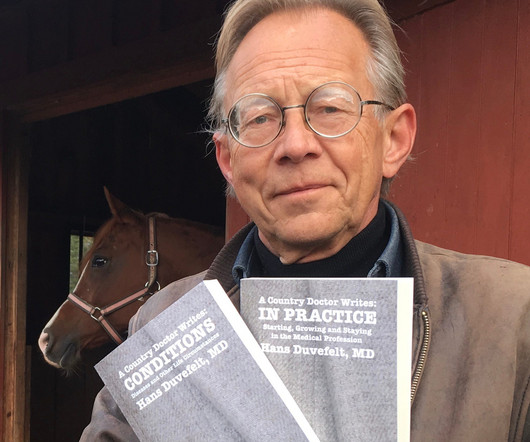“The physician–patient encounter is health care’s choke point” -NEJM
A Country Doctor Writes
JUNE 21, 2025
Most medical practices are still stuck doing piecework. Even the required operational framework for Patient Centered Medical Home recognition is completely top-down. We are being crushed by mandated screenings for everything from obesity to domestic abuse ( see my post “ Brief is Good ”).












Let's personalize your content